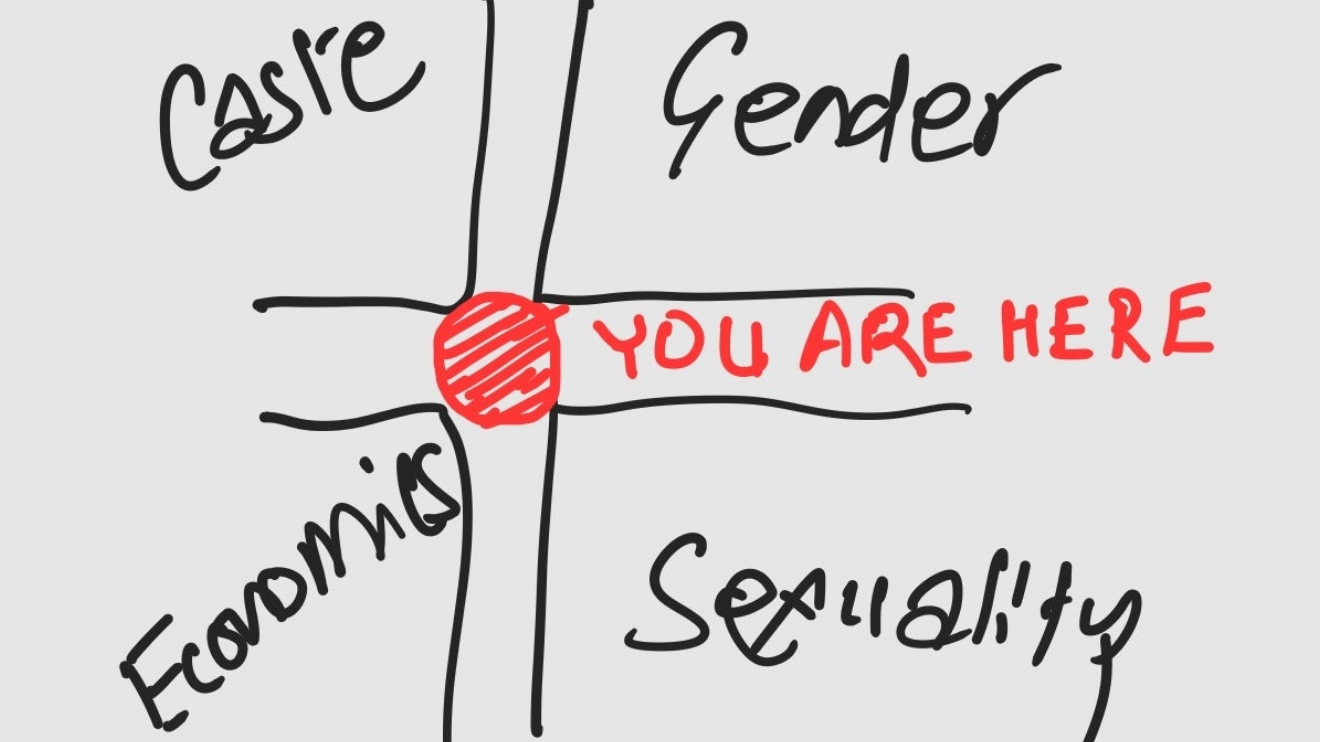
Wanted: Sanity
Let's start at the beginning. What's wrong with the term "mental health", why is "sanity" better, and what does that mean for you, my reader?
Or make a one-time contribution of any amount you wish by clicking here (for Indian readers) or here (for international readers).
Hello! I am Tanmoy, a newly unemployed, therapy-loving, pill-popping storyteller writing on the intersection of mental health, money, technology, and culture. Welcome to Sanity by Tanmoy.
When I told an ex-colleague this is what I’d decided to call my newsletter, she said it sounded like a perfume brand. Amen! I thought. After all, we need all the help we can get to cope with the enormous stink 2020 has produced, which will haunt us long after the year’s done.
Before you scroll further: do note that producing high-quality writing on mental health takes time and a lot of taxing emotional labour. While everything here will be free for the first three months, please consider signing up and picking up a paid subscription if you can afford it.
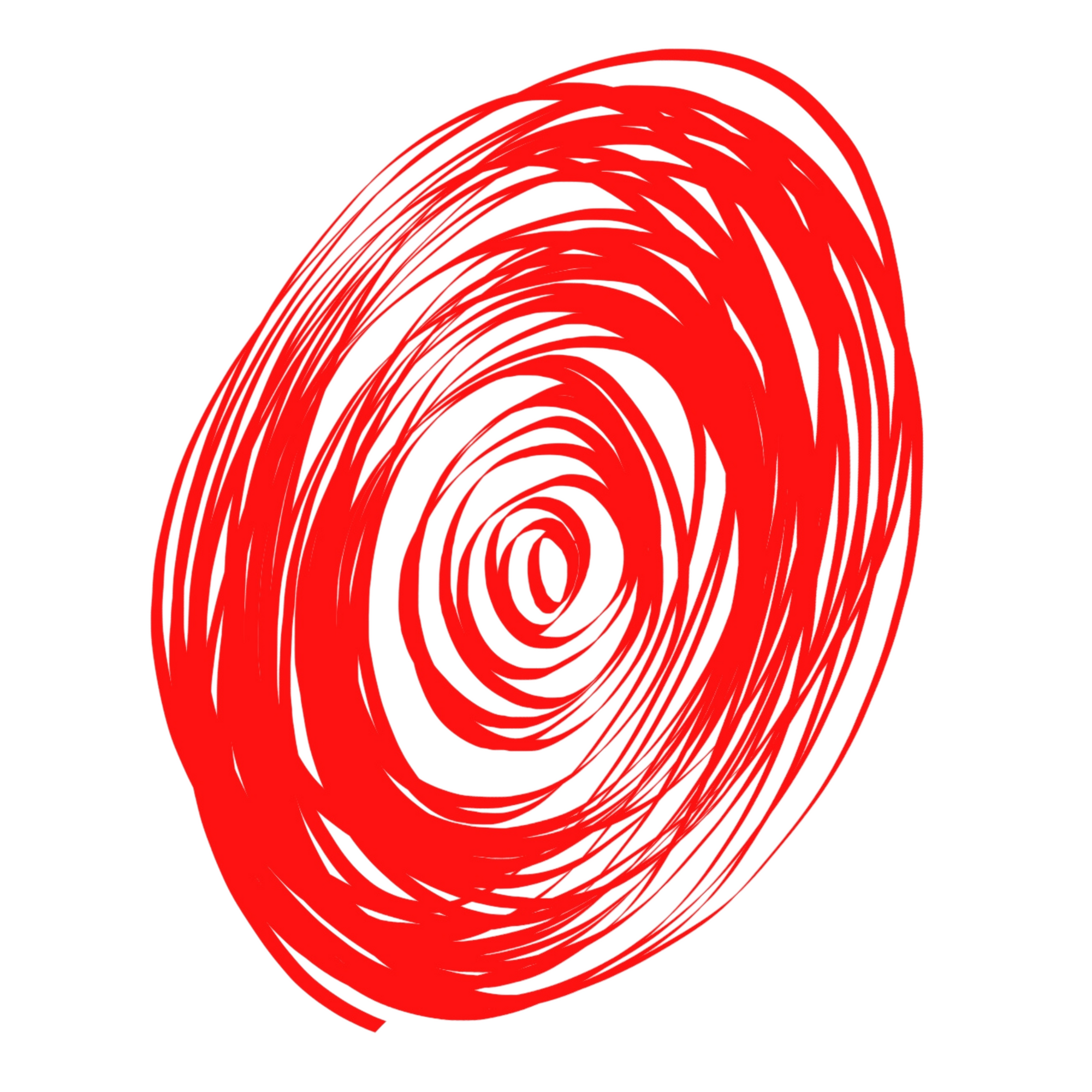
I started Sanity after losing my job writing about mental health in the middle of the pandemic. For the next several weeks, I alternated between abject panic and sadness. It was the first time in my career that I was made redundant. I didn’t know how to process the twin blow of abruptly losing my life’s purpose and my livelihood.
But soon, something wondrous happened. I started getting messages like this.

The outpouring of solidarity from readers from my previous job meant that I could not give up on the vision of a new kind of mental health storytelling and community.
So, here I am. Ready to do this once again with a little help from you.
What will Sanity by Tanmoy do?
Mental health is hot. By the end of 2020, a year when loneliness, loss, and grief covered us like permafrost, our culture’s craving for that heat has crescendoed. To borrow a phrase that grew like a rash towards the last phase of my 12 years in business journalism before I turned to my current topic, mental health is firmly the Next Big Thing.
Need proof? Here’s some: By the third quarter of the year, venture capital funding in US mental-health startups had reached $1.37 billion, more than quadrupling since 2015.
This exploding fascination for mental health is also evident in the mushrooming of columns, blogs, podcasts, webinars, and “feel happy quick!” schemes. Every other movie or series now has a main character grappling with psychosis or at least garden-variety anxiety. The therapist’s clinic (or Zoom room) is the new gym. “Mental-health enthusiast” is now an au courant Twitter bio (just like “startup enthusiast” was in the halcyon days of Silicon Valley).
While the (seeming) democratisation of the mental-health conversation is fantastic news, it has also aggravated existing problems.
First, it has emboldened an obnoxious species whose only brief is to spread myths and fake news on mental health. You’ve seen them among your family, friends, colleagues, and Twitter trolls. They are easily identifiable by their urge to spew a variation of “be a man” or “snap out of it”. I call them “uncles with unwanted opinion”.
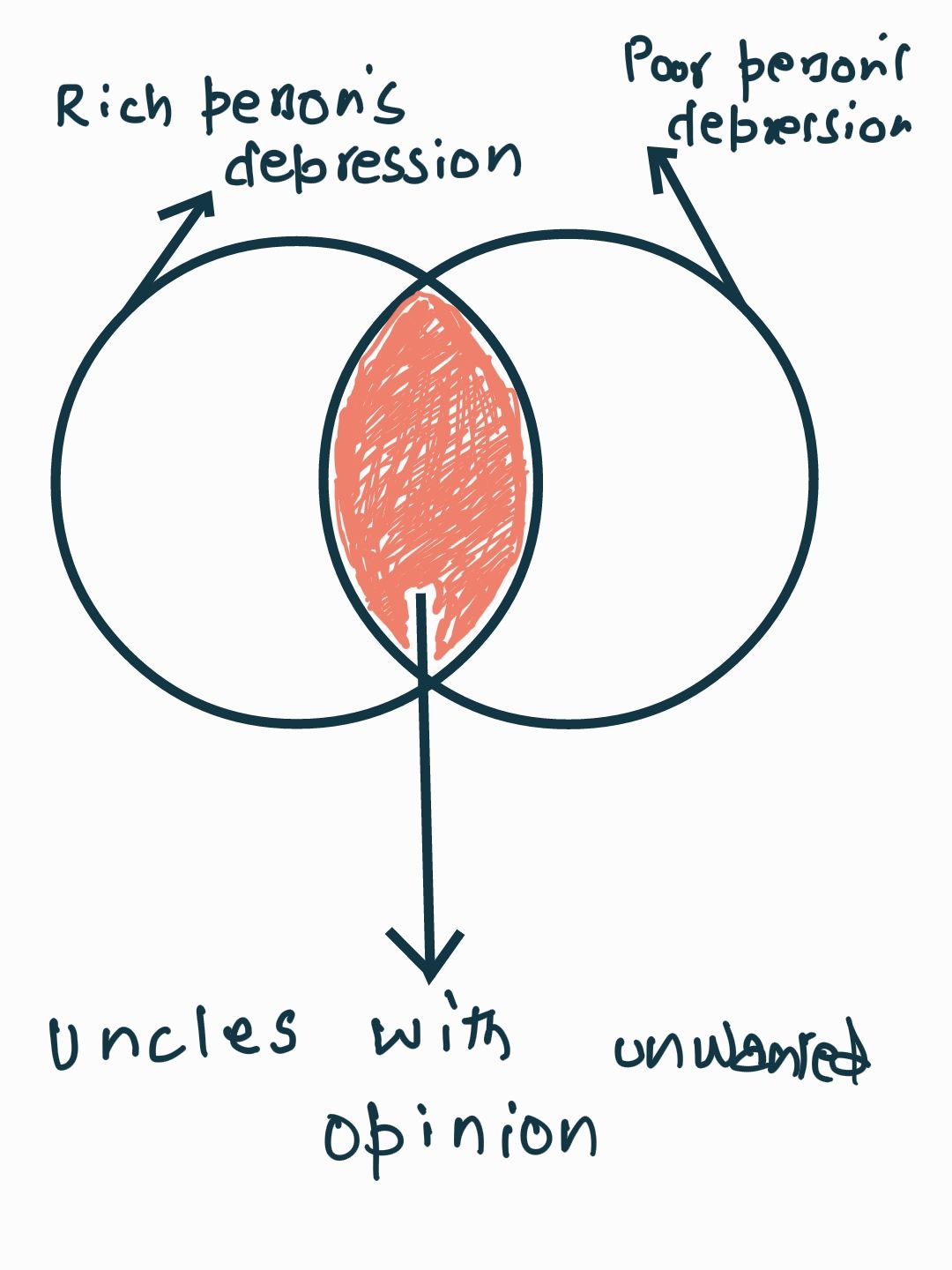
Second, despite all the excitement, the mental-health conversation is still shockingly biased in favour of traditional pockets of privilege. These are best exemplified by the walled gardens meant for specialists, such as psychology and psychiatry journals, mostly controlled by (white, male) western academics. They ignore the ground realities of the vast majority of the world’s population and remain stubbornly fixated with their WEIRD - western, educated, industrialised, rich, and democratic - heritage.
Finally, and as an offshoot of the above, the mental-health ecosystem remains wedded to the western biomedical model. The incumbent powers in the mental health ecosystem, none more muscular than Big Pharma, continue to undermine the social factors behind mental health problems and insist that they are simply a matter of “chemicals in the brain”.
If the reason you are depressed or anxious is a malfunction in your brain - well then the burden to feel better is also fully yours. Society can pontificate about the wonders of meditation, mindfulness or goat yoga, and pretend that socially engineered evil like inequality, discrimination, or violence have nothing to do with why you feel like crap. It’s the perfect con.
Increasingly, first-person accounts of survivors are emerging as an antidote to this. But these stories are, by definition, intensely personal. Also, the spaces where they thrive, such as social media, aren’t open to or safe for those who are truly marginalised because of their caste, class, gender, sexuality, or other vulnerabilities.
There is an urgent need for a platform that will tell authentic, universal stories establishing the intersectional nature of mental health; marry the rigour of research with the soul of lived experience; and amplify ignored voices. This is what Sanity by Tanmoy will slowly aim to become.
Keywords: intersectional and slow
Mental health isn’t an island. It is intersectional, meaning it impacts everything and is in turn impacted by everything in your life. It is dynamic and is woven into your identity, and it changes with every change in your identity.
For instance, until recently I was a cis-het, upper-class, upper-class man in a patriarchal society. All things remaining constant, my vulnerability score was very low. But I just lost my job, which makes me a jobless man in a patriarchal society. Vulnerability: rising, but still not a patch on what anyone who doesn’t share my caste, gender, or sexual identity would be living with.
The other key word in my mission is slowly. I am not in the “content” game. I will not pester you into paying attention by bombarding you with a story a day. At the moment, I don’t even know if this will pay (any of) my bills.
I am also keenly aware that an English newsletter delivered via the Internet suffers from much of the same elitism that I critique. The last thing I want is for this newsletter to appropriate the stories and voices of those it seeks to serve. I want to collaborate and co-create. This kind of work takes time, and is, at best, a risky experiment.
What I mean when I say 'Sanity'
My storytelling is person-first and unabashedly subjective. I believe credibility doesn’t merely come from degrees or job titles, and I frequently cite people that mainstream media doesn’t consider experts.
Mediated by insights from my own long journey through depression and anxiety, I’ve built a body of work that I am very proud of and that I hope to continue building on here.
I use the word sanity and not, well, mental health, because I feel the latter term has been hijacked by Big Pharma/wellness snake oil sellers/motivational Instagrammers. And that the real sweep of “mental health” far exceeds the narrow ambit of the health sector.
I hear “mental health”, and I expect to find a slick medical representative upselling the latest wonder drug for depression (and I'm not even a pill shamer, see line 1 of this newsletter); or a lifestyle guru in a Rolex and a robe peddling the latest mindfulness trick; or an influencer asking me to smile, because “smiling takes fewer muscles than frowning”.
I prefer sanity because it is free from these perversions, but also because sanity is rare, especially in the world of 2020.
Sanity is the guarantee that if our mind is sick, we will get the best possible care.
Sanity means knowing that we won't be fired at work because we "can't handle it".
Sanity is the right of the ill and their caregivers to scream at vote-seeking politicians, "Give us a better deal, or else."
Sanity means investing in prevention rather than cure.
Sanity means stories of hope and resilience.
Sanity is the acknowledgment that there is no single “you” and therefore no single, perfect formula for mental health.
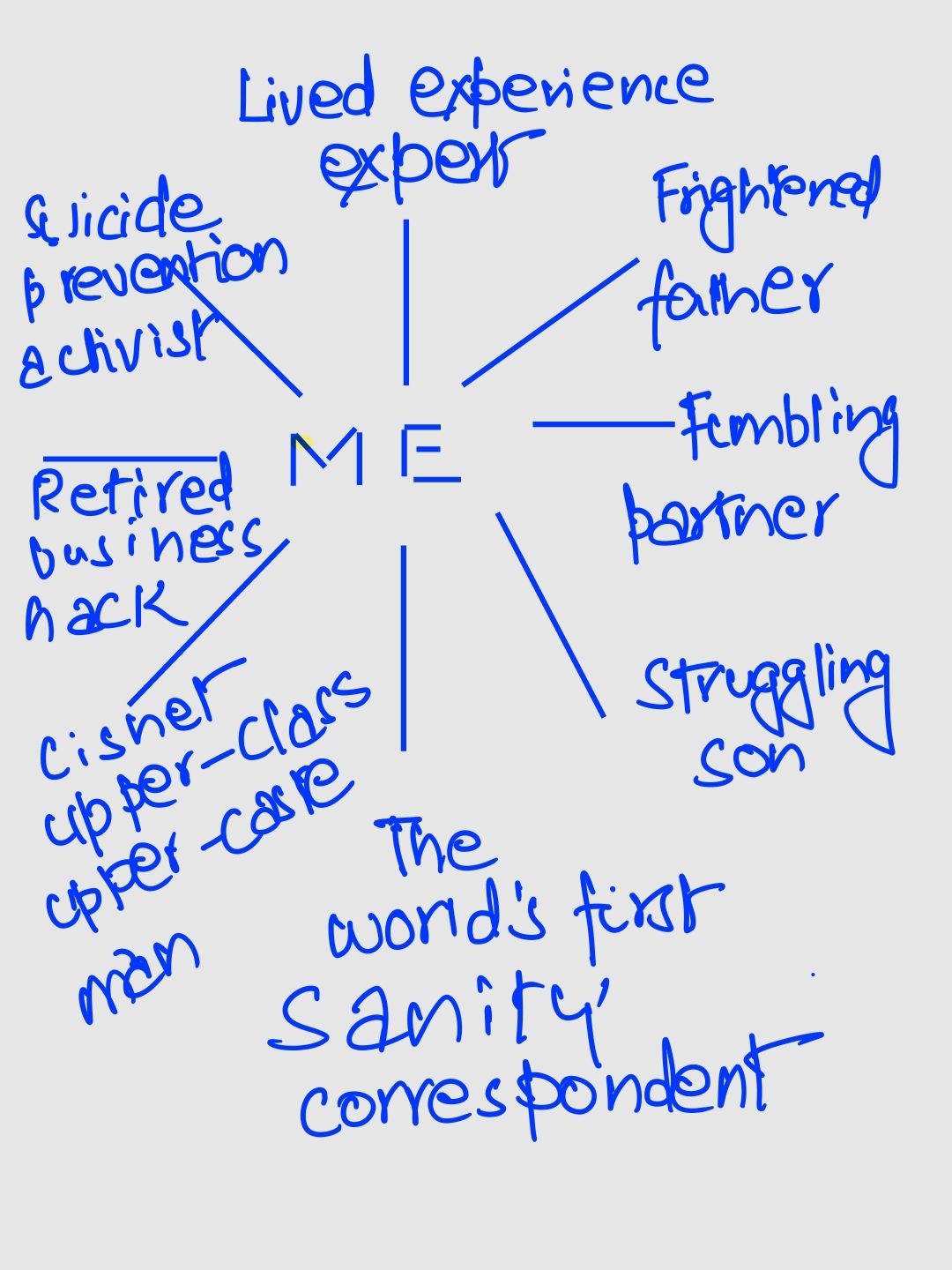
Sanity is reversing the hierarchy of power that allocates low- and mid-income countries less than 20% of the share of the mental health resources, even though they are home to over 80% of the global population.
Sanity is weeding out racism (“depression is black”), sexism (“don’t cry like a girl”), and ableism (“crippled by anxiety”) from our language.
Sanity is reparation for the harm done to marginalised communities.
Sanity is access to knowledge that lets anyone - not just doctors - locate the amygdala in the human brain and say, "Aha, so this is where my flight response is manufactured.'"
Sanity is questioning every pill you put inside your body.
Sanity is the comfort that a phase when you hate yourself and the world doesn’t make you weird. It makes you just like everyone else.
Sanity is hard-earned equilibrium in a world that resists it tooth and nail. I hope you will find our collective pursuit of it worthwhile.
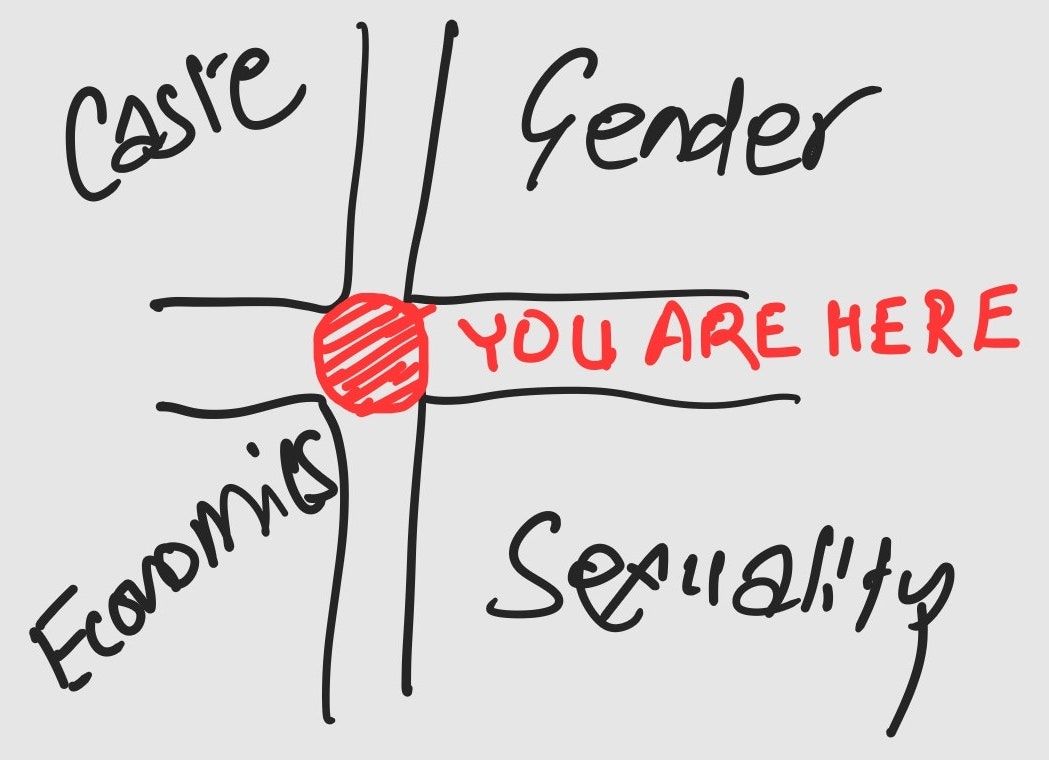
As an independent creator, I depend on your support.


